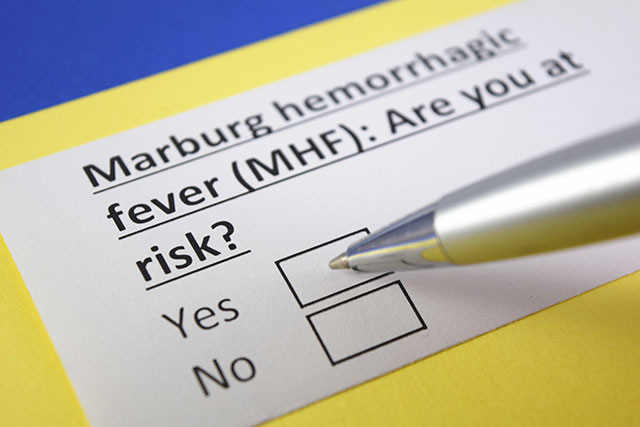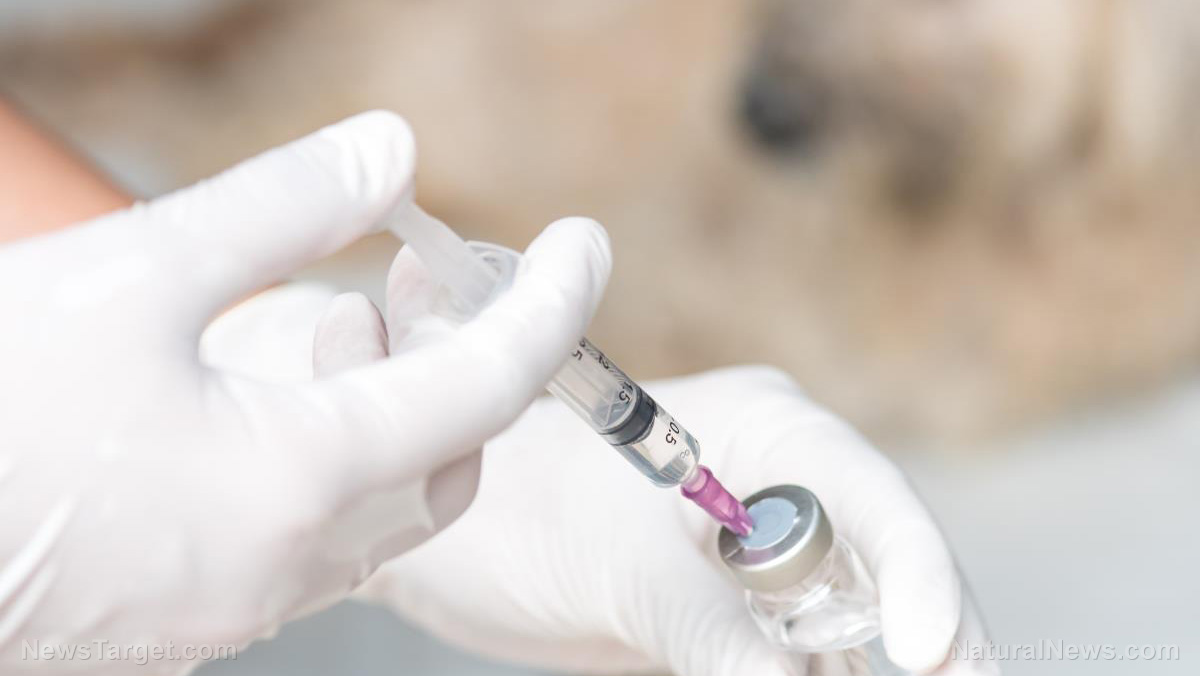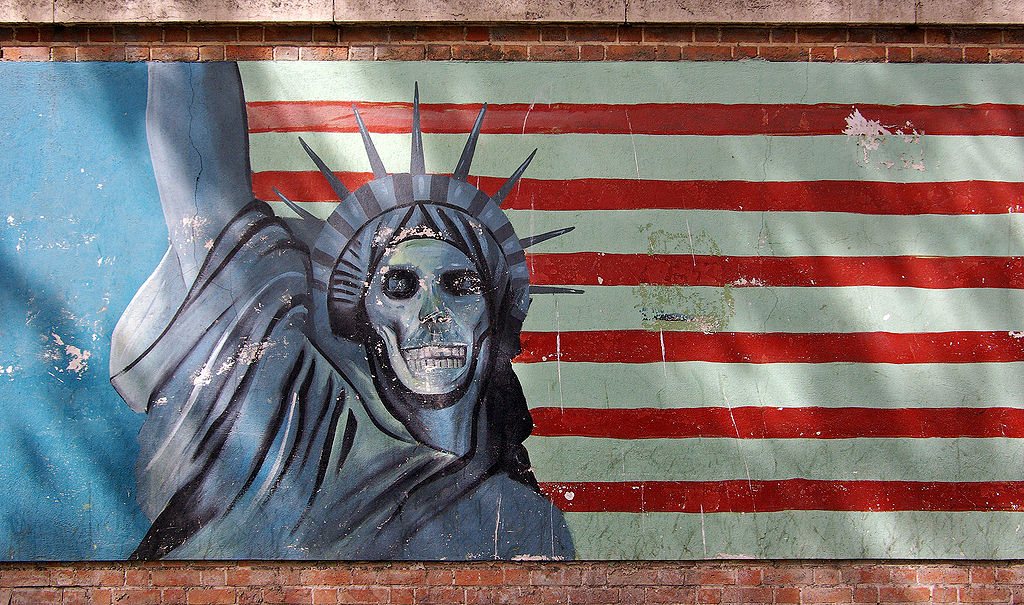Five-star hotel denied £250,000 insurance claim as it was covered for “plague” but not COVID-19
03/16/2021 / By Divina Ramirez

Rockliffe Hall in Darlington, England attempted to claim on its insurance with Travelers Insurance after it was forced to close due to the coronavirus pandemic. The sum amounted to £250,000.
However, the insurance company refused to pay the luxury hotel. The company stated that “infectious disease” was defined in its policy in reference to a list of 34 infectious diseases. COVID-19 did not appear on that list, which covered everything from mumps and chickenpox to the plague.
The dispute was settled at a hearing on Feb. 25 at the Circuit Commercial Court in Newcastle upon Tyne, when Justice Sara Cockerill agreed with the insurers and struck out the hotel’s claim.
Cockerill rejected the hotel’s claim that the insurance covered for a biblical kind of plague. She said the list was comprised of specific diseases. In that context, “plague” refers to the disease caused by Yersinia pestis. As such, it does not mean other diseases that may qualify as a “plague,” such as COVID-19.
Cockerill said that it’s natural to interpret “plague” to mean only its bubonic, pneumonic or septicemic forms when put alongside cholera, smallpox, and typhus. The hotel’s legal team did not dispute this point.
“Famine, war and pestilence”
The five-star hotel owned by British entrepreneur Steve Gibson was forced to close for two weeks after some of the staff needed to self-isolate last October. Jason Adams, managing director of the hotel, said staff were asked to self-isolate via the government’s contact tracing application.
As a result, he said they were unable to operate their kitchens and restaurants as normal. Moreover, due to the current restrictions implemented in the United Kingdom, they will remain closed until May. The hotel attempted to claim a payout as it was insured for losses due to interruptions in the event of an epidemic.
Rockliffe Hall’s legal team had argued that the term “plague” should be read as a general term for an infectious disease with a high mortality rate, not just a reference to illnesses caused by specific bacteria. The team also claimed that COVID-19 could cause or be linked to some of the diseases on the list, such as meningitis.
However, the ruling came down to the wording. Cockerill said the insurers could have included a catch-all word in case of new diseases like COVID-19 but didn’t. Several known diseases were also not on the list. Travelers Insurance said the claim was doomed to fail because the terms of their policy were clear.
However, Cockerill noted that the ruling could have been different had the word “plague” appeared with words like “famine,” “war” or “pestilence.” All four refer to the four horsemen of the apocalypse mentioned in Revelations, the last book of the Bible’s New Testament.
The plague is an infectious disease caused by the bacteria Y. pestis, which is normally found in small mammals and their fleas. The bubonic plague is its most common form. It can spread through contact with an infected person’s bodily fluids or contaminated materials. Patients may develop fever, nausea and pus-filled sores. (Related: Los Angeles faces an imminent bubonic plague outbreak due to rampant homelessness.)
The bubonic plague is known for the “Black Death” pandemic that struck Europe in the Middle Ages. It killed a third of the continent’s population. Outbreaks of the plague still occurred regularly until the 18th century. Rockliffe Hall was built in the 18th century on the banks of the River Tees in Northern England.
The bubonic plague has now almost disappeared entirely from the developed world. However, some cases may still be found in places like Africa. The bubonic plague can now be treated with antibiotics. There are also vaccines available, but health experts do not recommend vaccination for the general public.
Go to Pandemic.news for more articles with updates on the coronavirus pandemic.
Sources include:
Submit a correction >>
Tagged Under:
coronavirus, covid-19, pandemic, Plague
This article may contain statements that reflect the opinion of the author
RECENT NEWS & ARTICLES
Pandemic.News is a fact-based public education website published by Pandemic News Features, LLC.
All content copyright © 2018 by Pandemic News Features, LLC.
Contact Us with Tips or Corrections
All trademarks, registered trademarks and servicemarks mentioned on this site are the property of their respective owners.





















